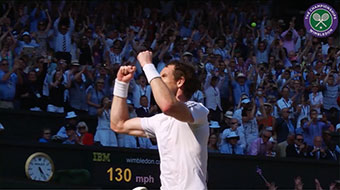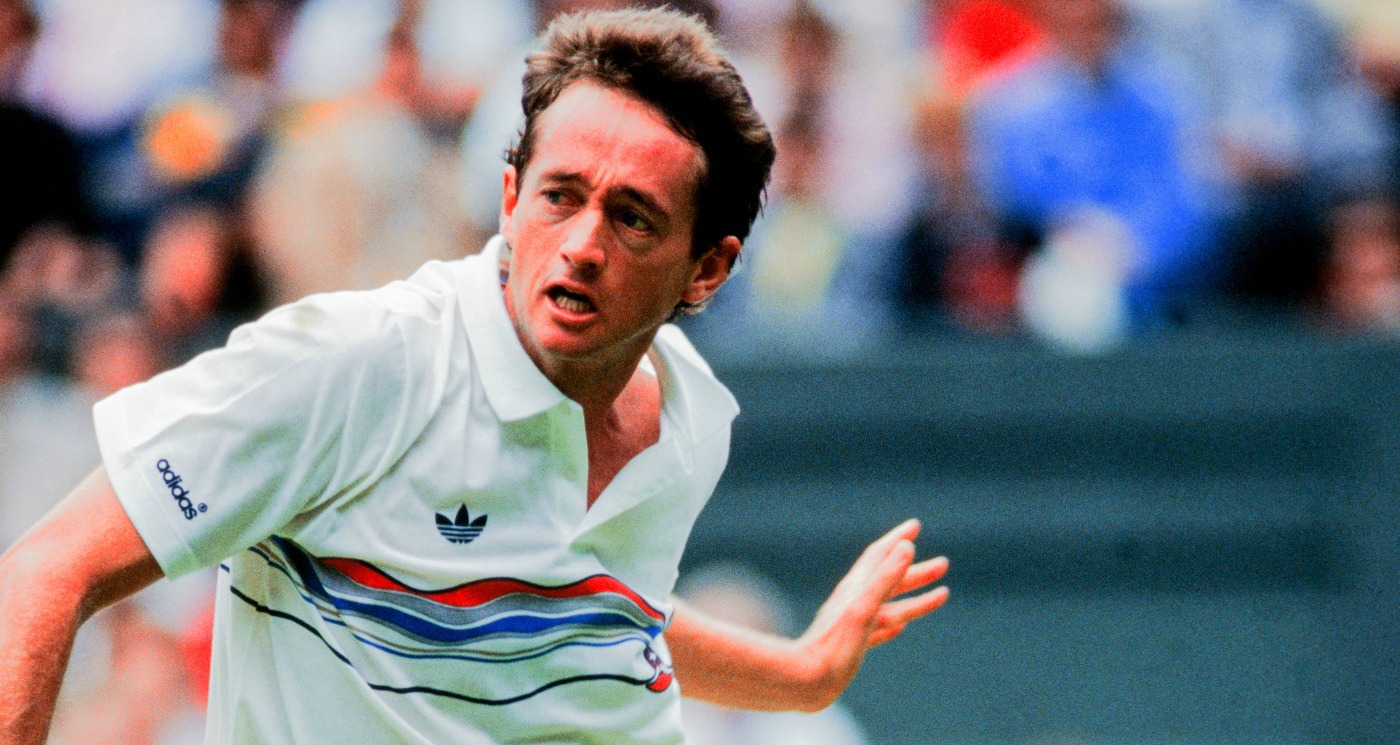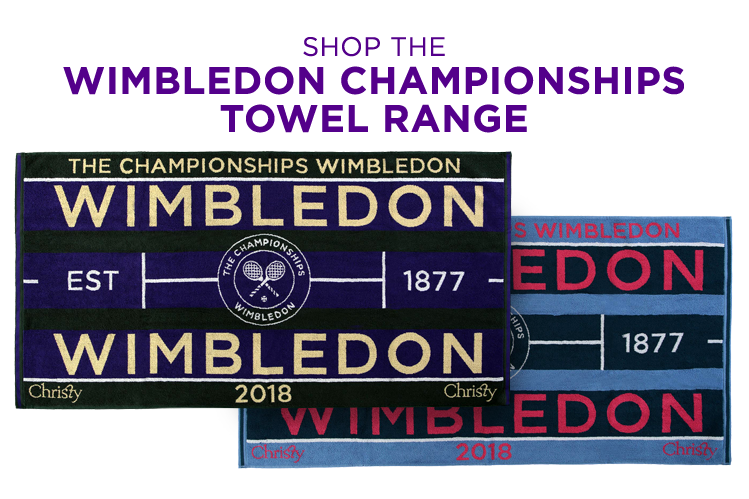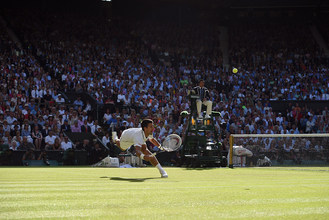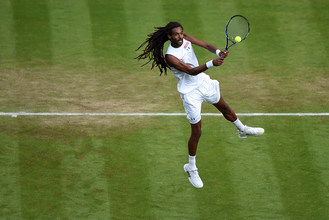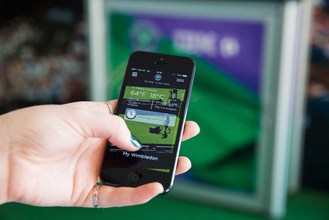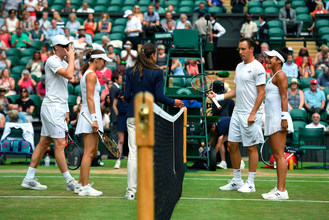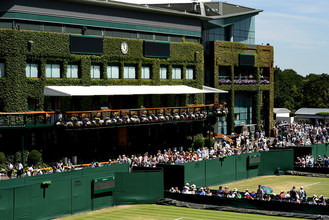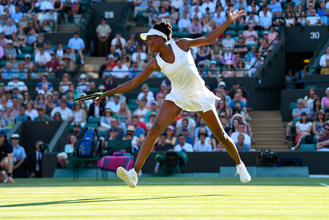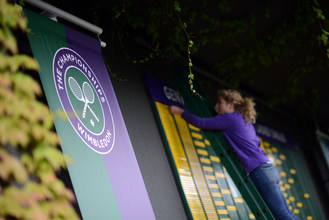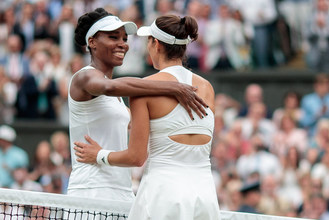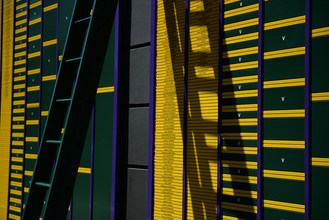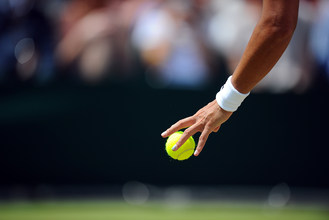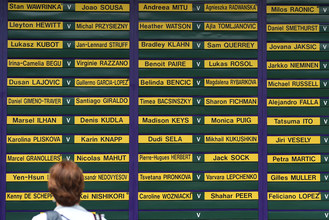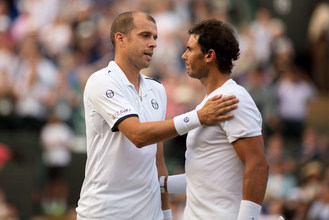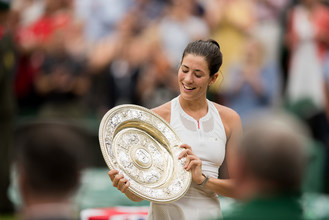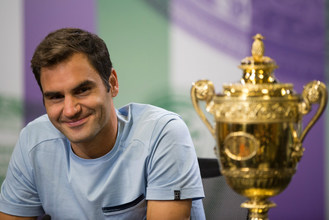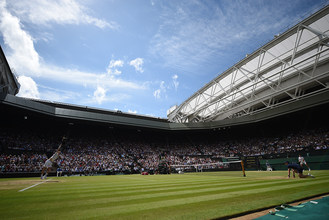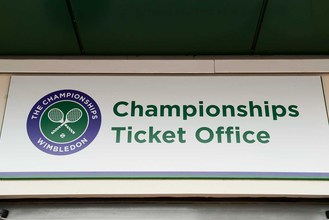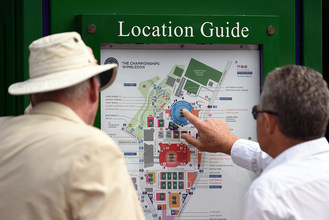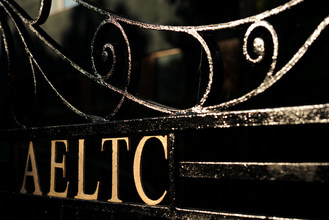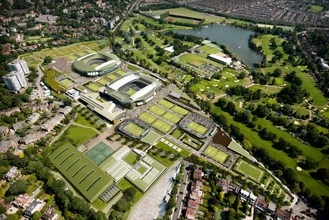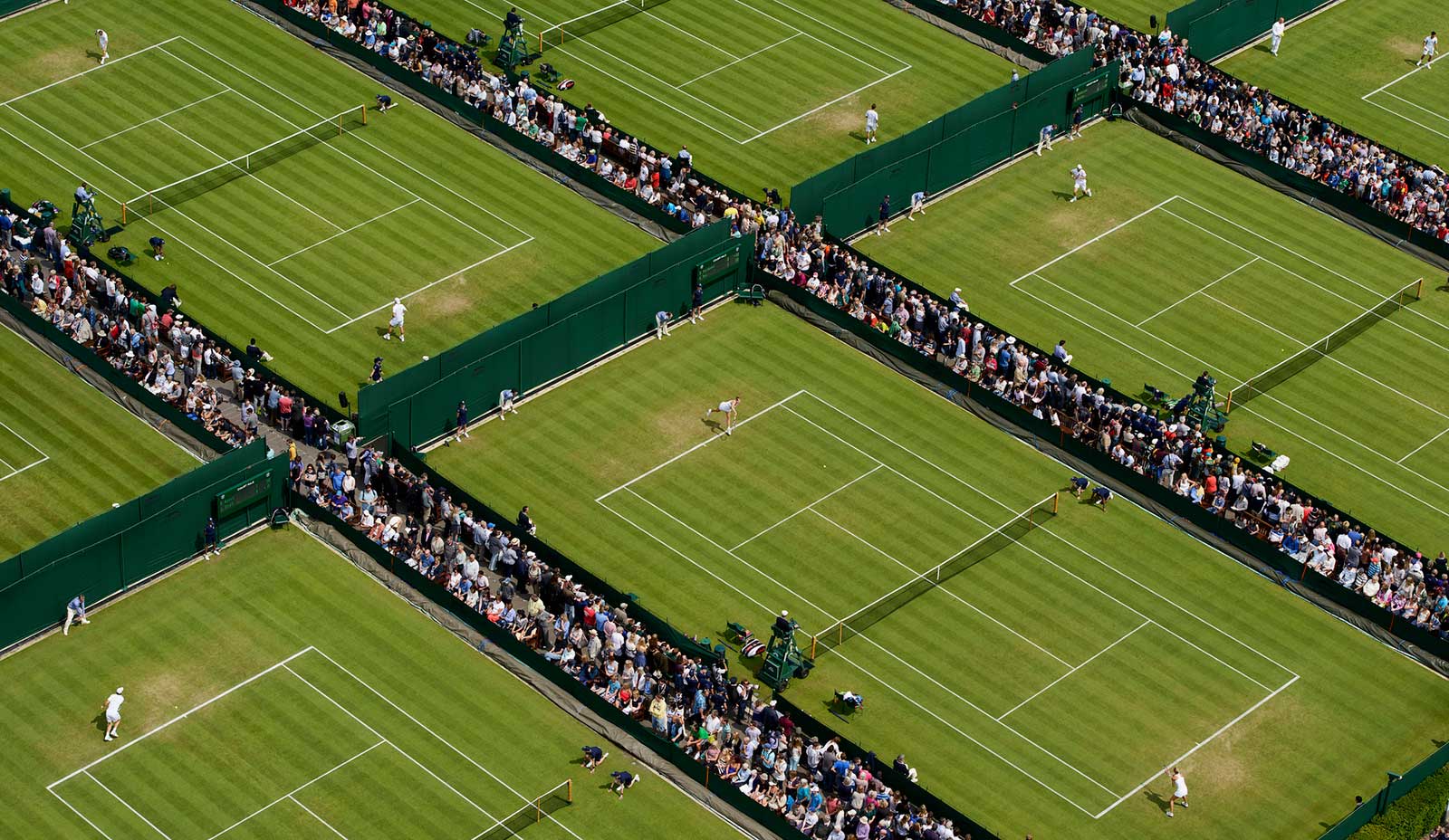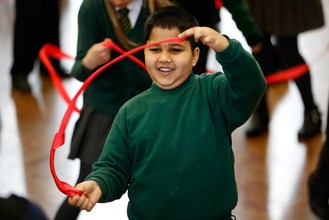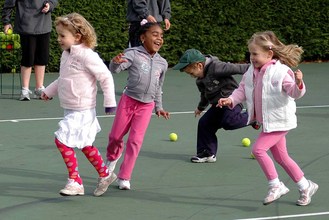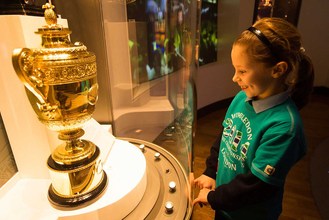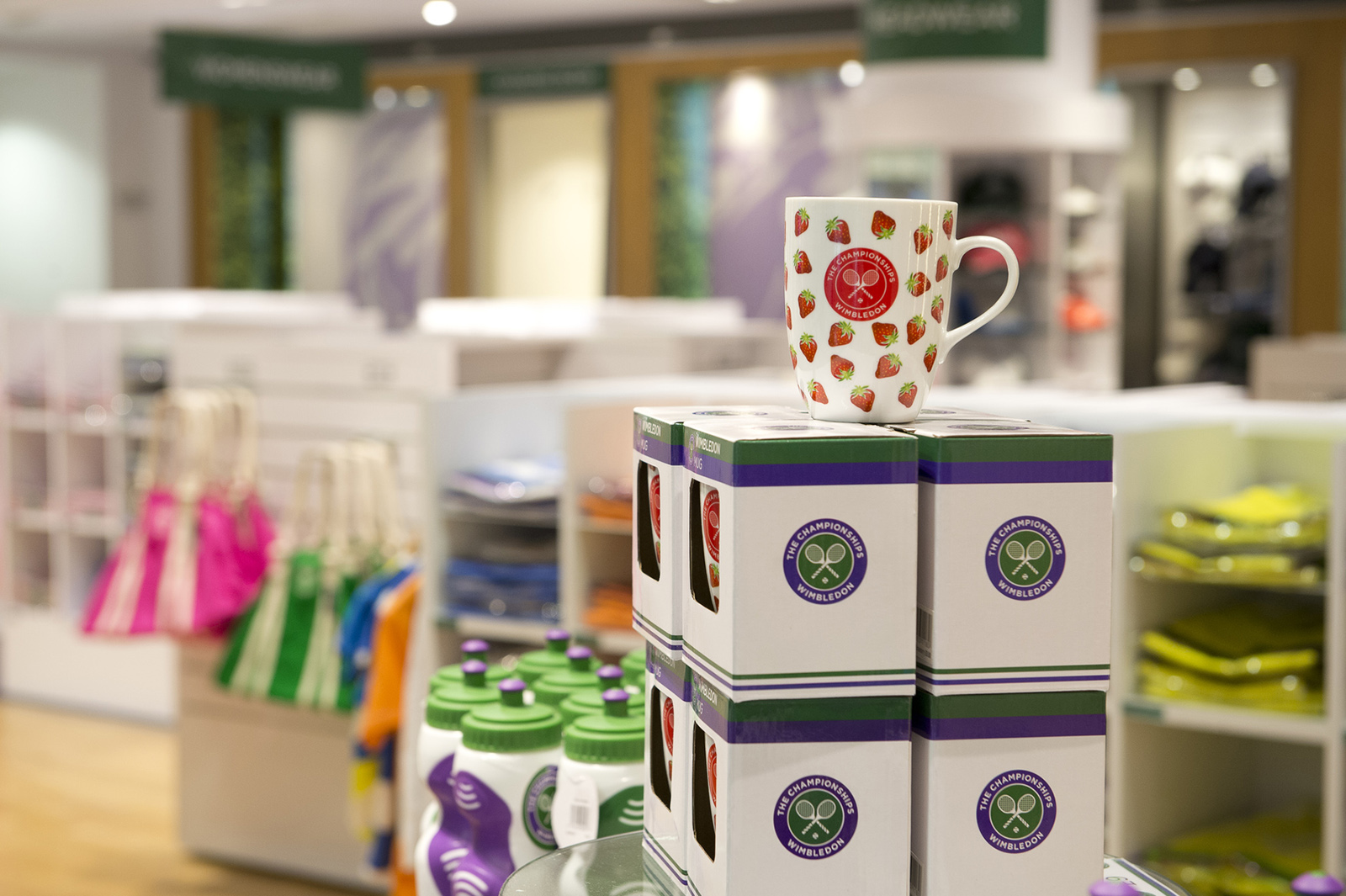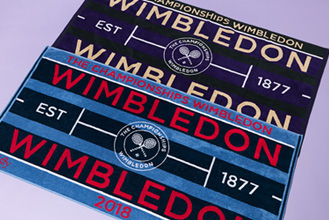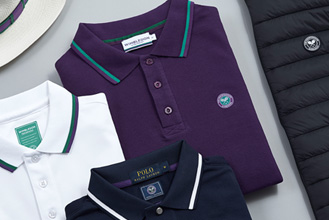The words “Wimbledon”, “1987” and “Boris Becker” are sure to be on the lips of many when family and friends gather in Newcastle, New South Wales this Saturday to attend the funeral of Peter Doohan, who has died at the age of 56.
Doohan played in 19 Grand Slam tournaments, was ranked in the world’s top 50 and played for Australia in the Davis Cup, but he will be remembered above all for his extraordinary 7-6, 4-6, 6-2, 6-4 victory over Becker at The Championships in 1987. To this day it remains one of the greatest shocks in Wimbledon history.
Becker was world No.2 and Doohan No.70, but not even those bare statistics could explain the shock waves caused by the Australian’s victory.
Two years earlier Becker had taken Wimbledon by storm, winning the title at 17 to become the youngest winner of the gentlemen’s singles title, a record which he still holds. Twelve months later he successfully defended his title, beating Ivan Lendl in the final.
Remembering Peter Doohan, and the moment he wrote himself into #Wimbledon history... pic.twitter.com/rx1fupV0ZN
— Wimbledon (@Wimbledon) July 22, 2017
Could he become only the second man since Fred Perry to win it three years in a row? That was the expectation of many in 1987, especially after Becker won the title at Queen’s Club for the second time in three years in his only warm-up tournament on grass. In the first round at Queen’s he had brushed aside Doohan for the loss of just six games.
Doohan’s last appearances before the grass-court season had been in Challenger events in Martinique and Guadeloupe. After his defeat to Becker at Queen’s his only other match on grass before Wimbledon was at Bristol, where he lost to Paul Chamberlin, the world No.246, in the first round.
At The Championships, where he had lost in the first round on all four of his previous appearances, Doohan scraped through against Austria’s Alex Antonitsch, winning 4-6, 7-5, 6-2, 4-6, 9-7 to earn the chance to take on Becker, who had beaten Karel Novacek 6-4, 6-2, 6-4.
A wet first week meant it was three days before their second-round match could be played, but it seemed likely that it was only delaying the inevitable. Doohan, who was staying in modest accommodation and travelling into Wimbledon by bus, even made a provisional booking on a flight out of London in the expectation of a defeat.
However, he did his homework on Becker, as he revealed in an email which he wrote to Carrie Fellner, a journalist from the “Newcastle Herald”, just a month before his death following his diagnosis with motor neurone disease.
Doohan, who played serve-and-volley, told Fellner that his coach, Michael Fancutt, had noticed something about Becker’s game in their meeting at Queen’s Club. “Becker only hit his backhand volley to my backhand corner of the court,” Doohan wrote. “So Michael told me to try and return everything to Becker’s backhand volley and automatically run to my backhand corner and wait on his volley shot.
“Around the same time I made a call to my coach in Adamstown, Frank Brent, for his advice on my mini-slump at the time on how to face Becker. He suggested I chipped the ball low at the big German’s feet as he approached the net.
“Sure enough in the match both of these strategies worked like a charm and I was able to break him three times in the match, plus the fact that I was serving well and only got broken once myself and I had my famous victory.”
Becker’s response to defeat was to become almost as famous as the result. “I lost a tennis match,” he told reporters afterwards. “It was not a war. Nobody died.”
Instant fame followed for Doohan. Bob Hawke, Australia’s Prime Minister, sent a telegram of congratulations, while fans would be waiting for him wherever he went. One drawback, however, was that because he had to be accompanied by security personnel at Wimbledon he was unable to make any more cheap telephone calls to the United States.
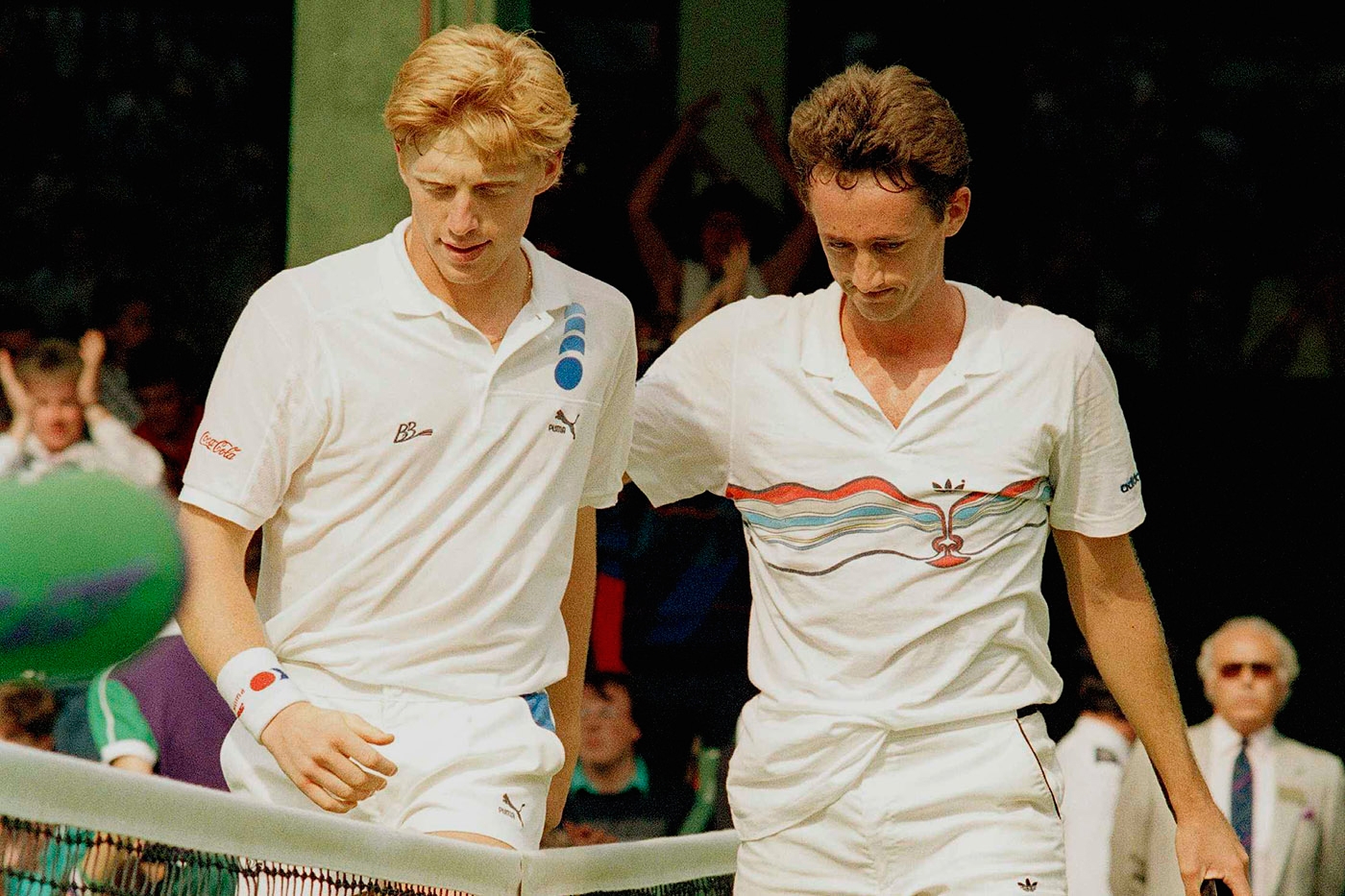
Doohan recalled in his email to Fellner: “One of the guys had found a telephone on the other side of the grounds at Wimbledon that was broken, so I would make daily calls to my girlfriend, Angie Harper, in Little Rock, Arkansas by putting in a ten pence coin into the phone, which then became stuck and you could talk as long as you wanted to overseas.”
With so much interest in him, Doohan decided subsequently that he “could not ask security to hang out by a broken telephone while I made an unlawful phone call”.
In the next round an emotionally exhausted Doohan went two sets down to Leif Shiras but recovered to win 6-7, 4-6, 6-3, 6-4, 12-10. His run came to end in the fourth round when he was beaten in straight sets by Slobodan Zivojinovic, Becker’s doubles partner.
One person who would benefit from Becker’s exit was Pat Cash, the eventual champion, who had been seeded to meet him in the semi-finals. Although Cash still had to beat Mats Wilander, Jimmy Connors and Lendl to win the title, the Australian lost all three of his career meetings with Becker on grass.
Twelve months later Doohan lost to Ken Flach on his only subsequent appearance in the gentlemen’s singles, while Becker reached his third final before losing to Stefan Edberg. In the seven Championships from 1985 onwards, the only time Becker failed to reach the final was in 1987.
Doohan reached his highest position in the singles world rankings, No.43, later in the summer of 1987. His three appearances in Davis Cup rubbers, each of them in doubles and each of them victories, also came that year.
The “Becker Wrecker”, as Doohan had quickly become known, retired in 1992. His only singles title had been in Adelaide in 1984, but he also won five titles in doubles, in which he reached a career-high position of No.15 in the world. He went on to coach in the United States before returning to live in Australia in 2009.
A gentle giant at 6ft 3in with a warm sense of humour, Doohan was hugely popular with his contemporaries and loved and respected throughout tennis. That has been evident in the many tributes that have been made to the Australian, including this response by Becker on Twitter to news of his death: “RIP mate! You were the better player.”

